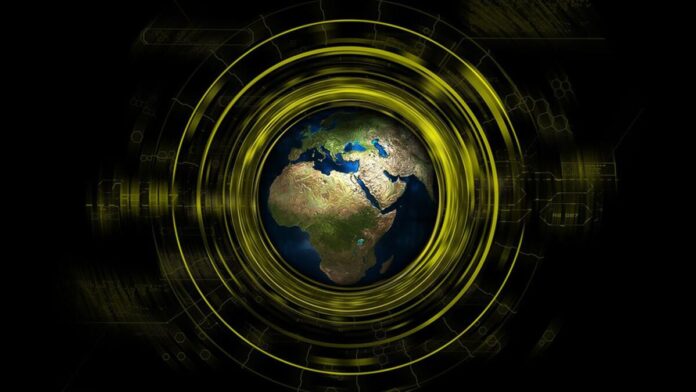Because of Bitcoin, the world at long last has blockchain: another sort of information the board innovation that keeps a permanent record of everything advanced. An ever increasing number of state run administrations have seen blockchain’s true capacity, which has caused a lot of fervor among crypto-devotees.
On the whole, how does a blockchain work?
Each “block” of information on the “chain,” or organization of PCs, has a timestamp and is encoded. Anybody can see this information on the web, however just the individual who claims a square (of information) can alter the data through a private key. Any change on a singular square updates and adjusts with everybody’s conveyed blockchain progressively.
So you can envision how blockchains will improve straightforwardness in government areas. Its most intriguing use case yet, nonetheless, is the manner by which blockchains will consider individuals responsible. Here are a few different employments of blockchain:
1.How blockchains will change international relations
Data recorded on a blockchain is “permanent” or difficult to change. Blockchains can smooth out decisions on the grounds that an unchanging record of votes can limit political race altering. In 2019, urban communities in USA, similar to Utah County, currently utilized blockchain-based versatile democratic application “Voatz” in their metropolitan races.
2.How blockchains can construct public trust
Blockchain-based awards, and other public assets could limit open doors for unlawful accounts. Since nobody individual is responsible for the whole chain there are less number of individuals included, particularly the people who intervene between parties.
3.How blockchain could change wellbeing and travel areas
It’s almost difficult to counterfeit information on a blockchain – a component that is helpful directly following the pandemic. Today, blockchain-based immunization identification applications like VeChain and COOV, plan to ensure security and give “irrefutable computerized accreditations.” Meanwhile, blockchain tests have effectively started in UAE. Last August, Dubai Police utilized a blockchain-empowered stage to give 3,991 lost identification declarations since February 2021.
4.Can blockchains secure individuals’ privileges
Blockchains send savvy contracts – or PC programs that execute foreordained orders. These robotized agreements will ensure individuals’ freedoms and give them to practice their public rights. Blockchain-based libraries can likewise give a safe, freely evident record framework through which individuals can demonstrate their responsibility for, and different resources.
Nonetheless, blockchains make us even more subject to innovation, which might have many advantages, however it likewise has impediments that can’t be ignored. On account of brilliant agreements where codes are permanently established, this could constrain individuals to consent to savvy contract decides that don’t think about feelings.
As more individuals embrace blockchains, usability could likewise make the tech more defenseless against hacks. For another situation a blockchain supplier who is certifiably not a screened designer might have their own noxious expectations.
In Conclusion
Eventually, every innovation is an instrument and its prosperity relies upon its effect on our lives. Assuming legislatures carry out blockchain they would have to normalize guidelines that ensure decentralization, information protection and security – the actual reason for blockchain tech.


